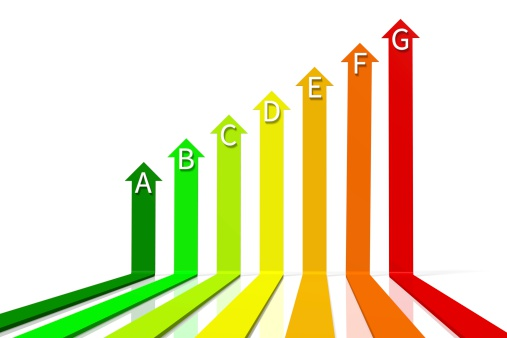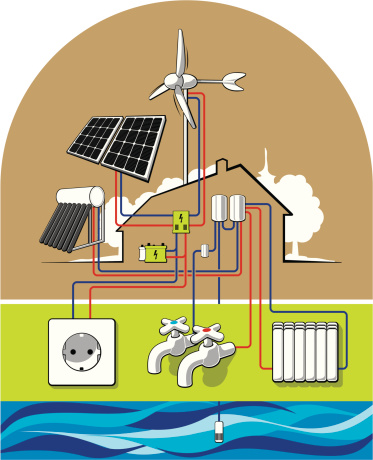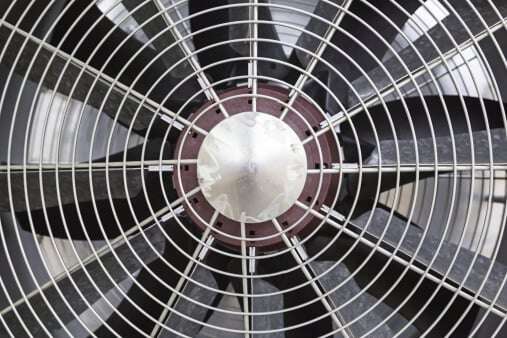 If you're like most people, you buy a furnace because you absolutely need one – not because you're charmed by the energy upgrades you'll derive in the process.
If you're like most people, you buy a furnace because you absolutely need one – not because you're charmed by the energy upgrades you'll derive in the process.
And if you're like most people, it's only after the dust settles after your heating system service that you can sit down, go through the furnace's owner manual and realize that the investment you've made will pay you dividends for years to come.
A Brief History Lesson
First, you might have to come to terms with the idea that a furnace can be energy efficient in the first place. For that, you can thank the U.S. Department of Energy, which, with the Environmental Protection Agency, created the Energy Star program in 1992. Together, the two agencies agreed to test and endorse products that preserve energy and cut greenhouse gas emissions. The program originally focused on computers and ancillary products but expanded to include heating and cooling systems, appliances and other electronics.
The bottom line is, when you see the familiar Energy Star logo on a product like a furnace, you can be assured that it has undergone rigorous testing to achieve its energy efficient status. In fact, today's Energy Star furnaces can achieve efficiency ratings of up to 97 percent. By comparison, furnaces in the 1970s were about 65 percent efficient.
To you, the owner of a new furnace, this translates into real savings on your energy bill. According to the department of energy, the savings could amount to about 20 percent a year.
Other Upgrade Benefits
In addition to efficiency, Energy Star furnaces stand out from their untested competitors because they also must demonstrate:
- Balanced humidity
- Consistent temperatures
- Efficient, healthy air flow
- Reliability
- Smooth and quiet operation
Understand the AFUE Factor
But there's no doubt: all of these benefits and especially the efficiency factor depend on your furnace's annual fuel-utilization efficiency rating. Without getting too technical, this number conveys how efficiently a furnace converts gas into heating energy.
The key point you should understand – and what should be clearly conveyed in your furnace's owner manual – is your furnace's AFUE rating. The most energy efficient Energy Star furnaces achieve AFUE ratings in the high 90s – a substantial improvement over their predecessors, which barely broke through the 70s. The lowest efficiency rating allowed by law for new gas furnaces is 78 percent.
You will pay more for a furnace with a higher AFUE rating. But is it the right choice – the most economical choice – for you? This is where Experts In Your Home can help you make the best choice because the reality is that a furnace with an AFUE rating of 95 might be ideal for someone living in Minnesota, where the winters can be harsh, but it might not be the right choice for you.
Experts In Your Home will inspect how well your home retains heat and what can be done to improve its “airtightness” when you call us for heating system service. The size of the furnace matters, too, because one that is too large will turn on and off more than it needs to while one that is too small will obviously not keep your house as warm as it should. This is why sizing is vital to the process of helping you achieve the energy upgrades you're entitled to with a new Energy Star furnace.
In time, you will recoup the investment you make in a new furnace through lower heating bills. Our heating repair experts will help you achieve these savings sooner rather than later when you call us for Chico heating system service.
To make sure your heating system is as effecient as it can be, Experts In Your Home offers you this free checklist:








